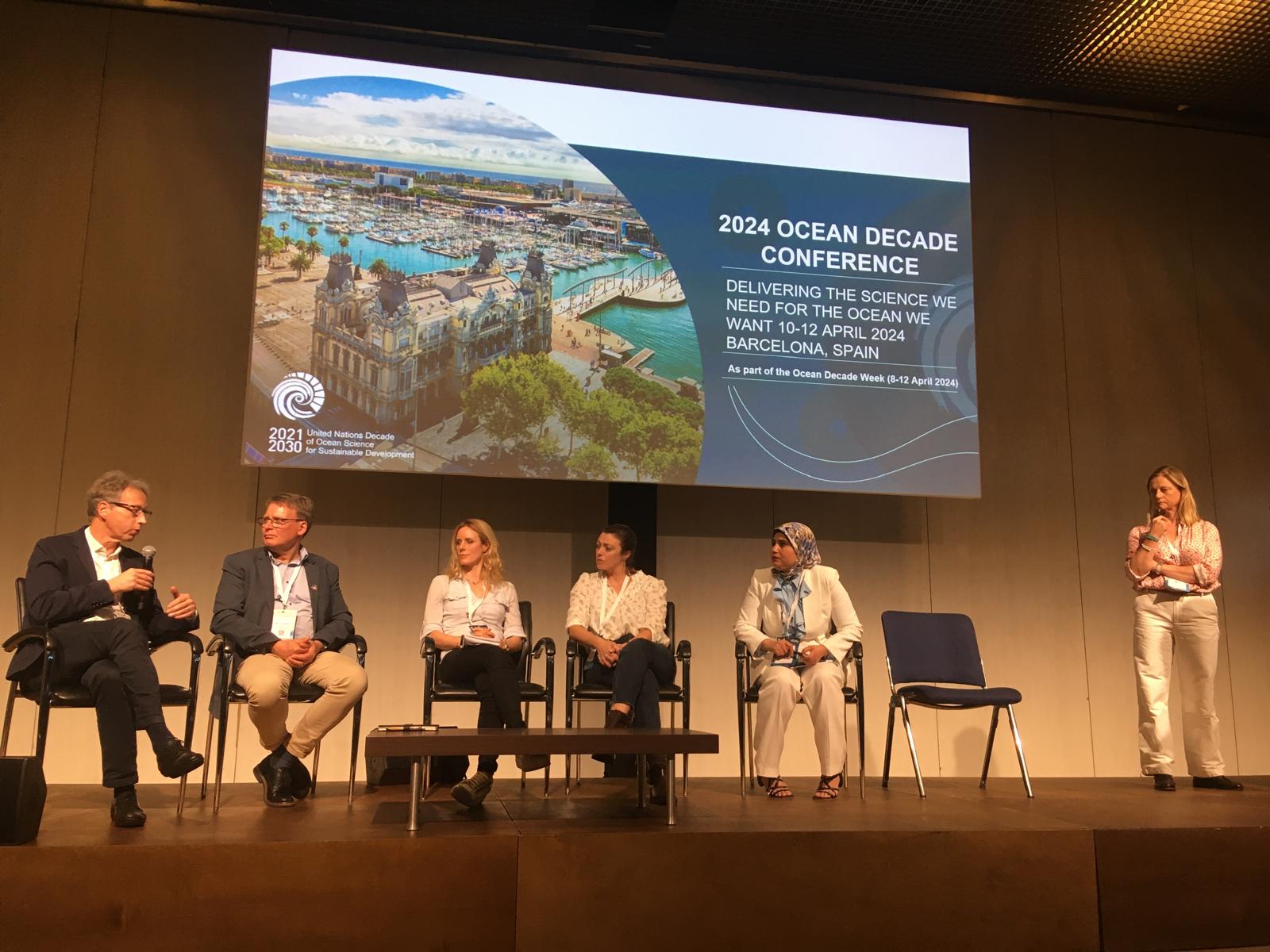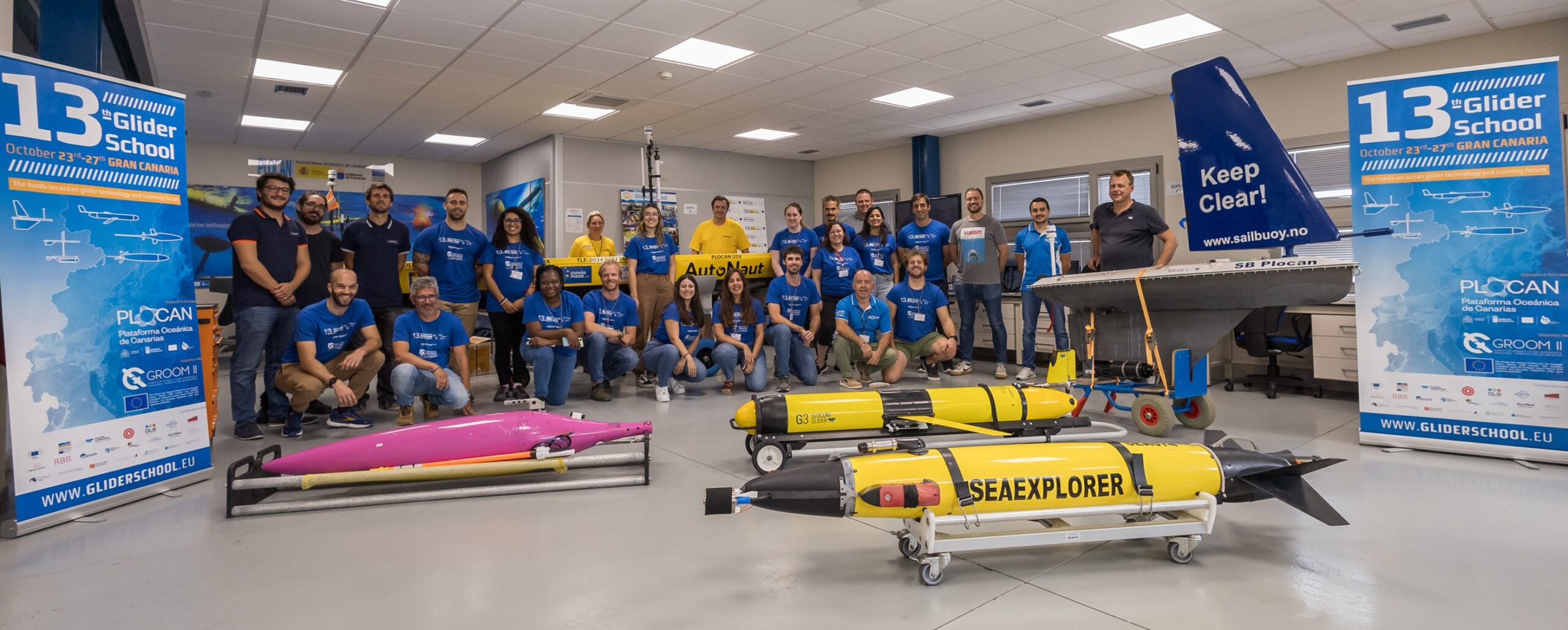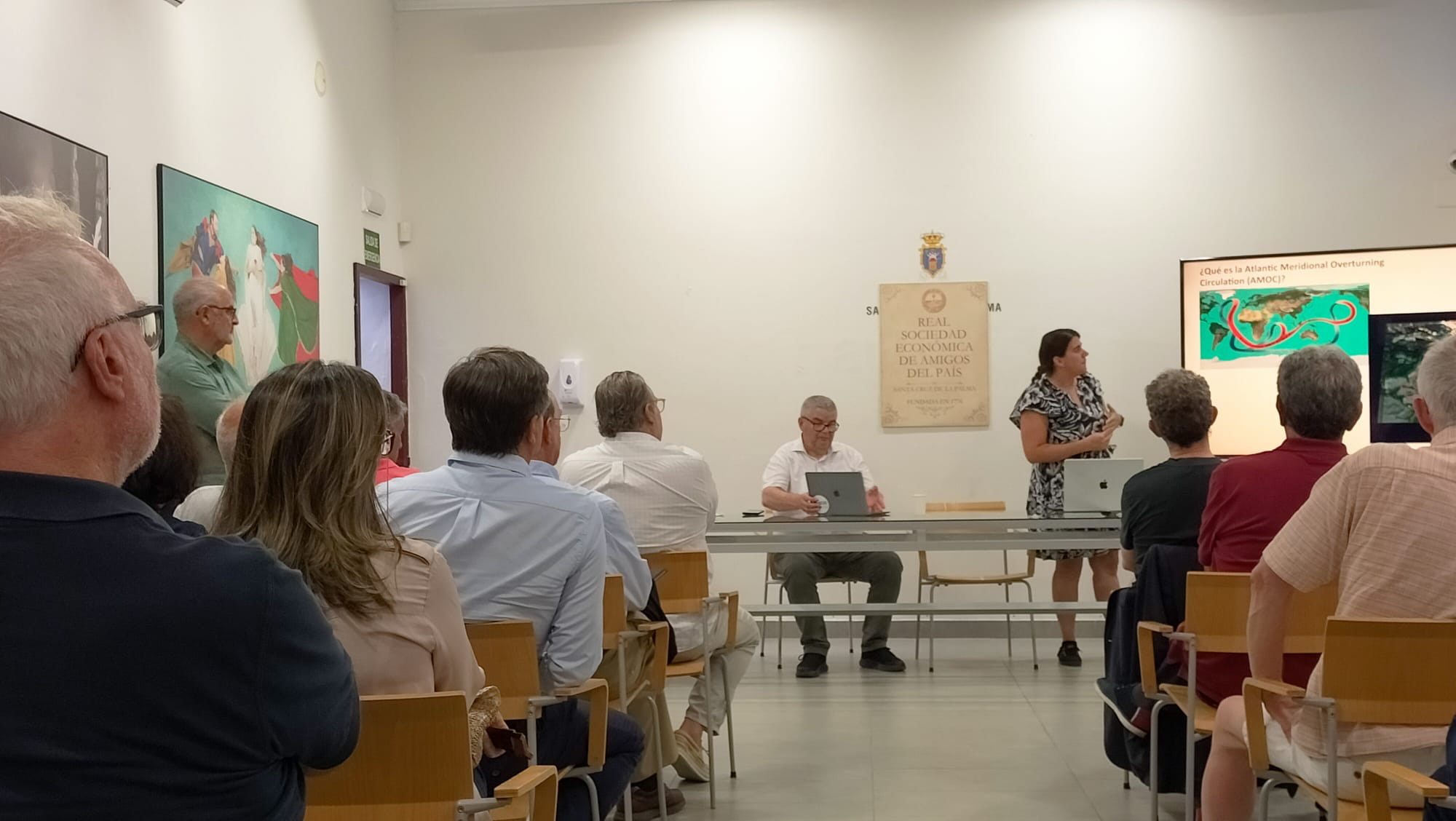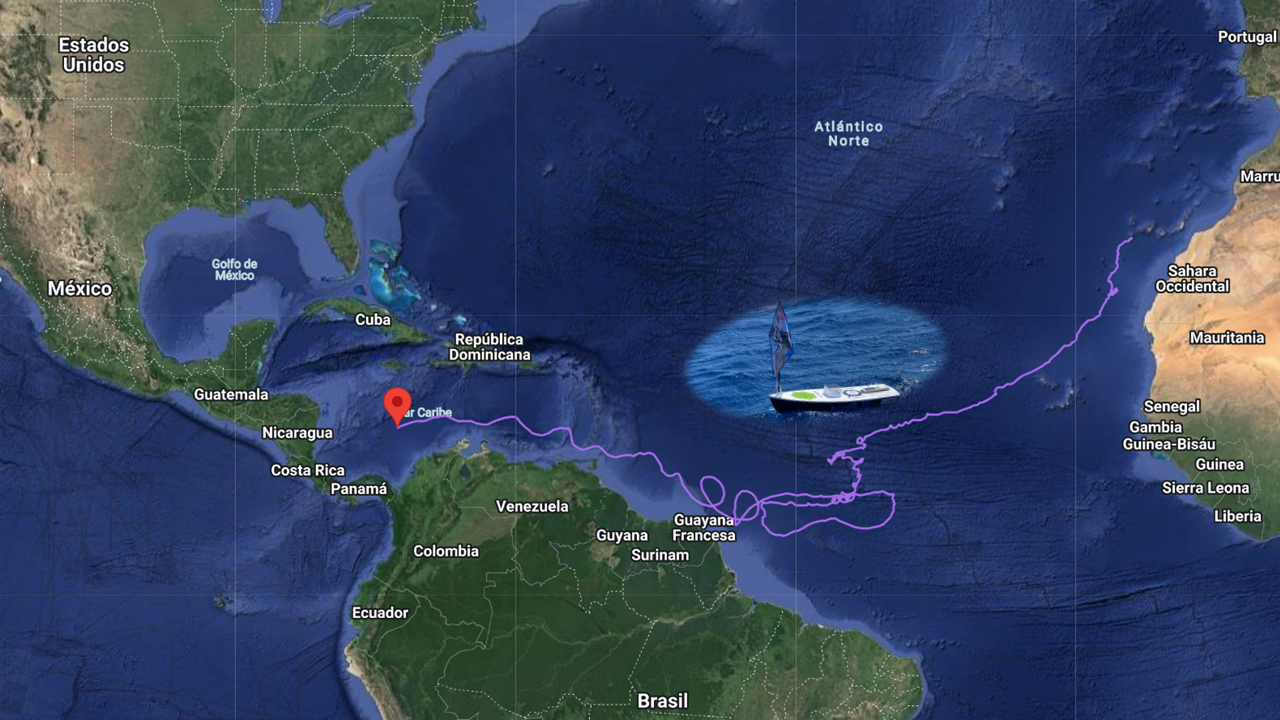The Oceanic Platform of the Canary Islands (PLOCAN) hosts the conference ” “Observing Ocean Sound” from 20th to 22nd October convened by the European Multidisciplinary Seafloor and water-column Observatory (EMSO). Its objective is to inform and train the ocean science community on the latest advancements in detecting and monitoring underwater sound for environmental and industrial purposes.
This first edition of the EMSO Time Series Conference (EMSO TSC) is an activity of the UN Ocean Decade officially endorsed as part of the action “One Ocean Network for Deep Observation” – Oceanic Network for Deep Observation, directed by the French Research Institute for Exploitation of the Sea (IFREMER) and EMSO ERIC, the Japan Agency for Marine-Earth Science and Technology (JAMSTEC) and Ocean Network Canada (ONC) as main partners.
The increasing need to observe and monitor underwater sound for environmental and industrial purposes is faced with the challenge of the vastness of the marine space, the diversity of sound sources and receptors, and the high costs of acquiring representative and useful time-space resolution.
This challenge calls for cost-effective solutions that need to address the whole acquisition chain, from sensors to platforms, communication, processing and data delivery.
In-situ acoustic data acquisition devices and the processing to deliver meaningful time series data remain costly due to acquisition costs and the need for experts at each stage. Improved methods are needed to respond to legal and overarching international recommendations and prescriptions to reduce the impact of anthropogenic noise on the ocean.
The European Marine Strategy Framework Directive asks the Member States to report on the state of underwater noise in their surrounding seas on a regular basis, and at international level the International Quiet Ocean Experiment calls for improvements in our understanding of ocean soundscapes.
The Global Ocean Observing System recently adopted ocean sound as an Essential Ocean Variable (EOV), with two sub-variables, sound pressure and sound particle velocity, necessary to characterise ocean sound and potential impacts on marine life.
Underwater sound can also provide cost-efficient information for the assessment of marine mammal populations, the detection of fish reproduction areas, the detection of greenhouse gas seeps from pipelines and deep-sea carbon storage, gasification of methane clathrates, adverse meteorological conditions, detection of low-frequency seismic events, ice-cracking, ocean basin sound-velocity tomography and acoustic communication.
During this three-day event, there will be plenary and training sessions covering the scope of underwater sound study areas. Six keynote speakers and twelve renowned scientists will present cutting-edge research activities, tools and techniques to detect and control underwater sound for environmental and industrial purposes.
During the conference the following topics will be addressed: anthropogenic noise and other environmental sounds, acoustics, acoustics for the study of marine geophysics, bioacoustics, technologies for the observation of underwater sound (from the acquisition of acoustic data to products), sound fields in ports and other restricted spaces, acoustic observation devices and autonomous surface vessels, observation of foraging activity of abyssal sperm whales.
The conference is sponsored by the scientific journal Frontiers in Marine Science. A special edition will be published based on the contributions presented during the event, including works by entities of the Canary Islands such as PLOCAN and the ULPGC, national and international.



